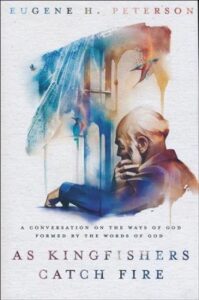 Summary: Bruno is invited to the birthday party of a national hero, but when there is an accidental death, Bruno isn’t so sure.
Summary: Bruno is invited to the birthday party of a national hero, but when there is an accidental death, Bruno isn’t so sure.
Somehow I missed the Patriarch by Martin Walker when it came out. I was looking around for something to read, and check to see when the next Bruno Chief of Police novel comes out. I discovered that it came out in June and not only did I miss the release, but I also missed one of the previous books in the series.
It is odd that you can read a series and not notice when you miss a book. And once I finished reading The Patriarch, I am can see why I did not realize that I missed anything. This novel did not really move the story along.
In one of the previous books Bruno saved “˜The Red Countess’, an elderly woman from a historic family that was being drugged to steal her land. The Red Countess invites him to a party for the Patriarch, a national hero of the cold war, a pilot and one of the Countess’s previous relationships.
At the party, which is local and adds in yet another wealthy member of the community, Bruno observes a quiet scuffle between a granddaughter of the Patriarch and her Godfather, the best friend of one of the sons of the Patriarch. Later that day, Bruno is called in to quietly certify the death of the Godfather, who it turns out was a former spy.







